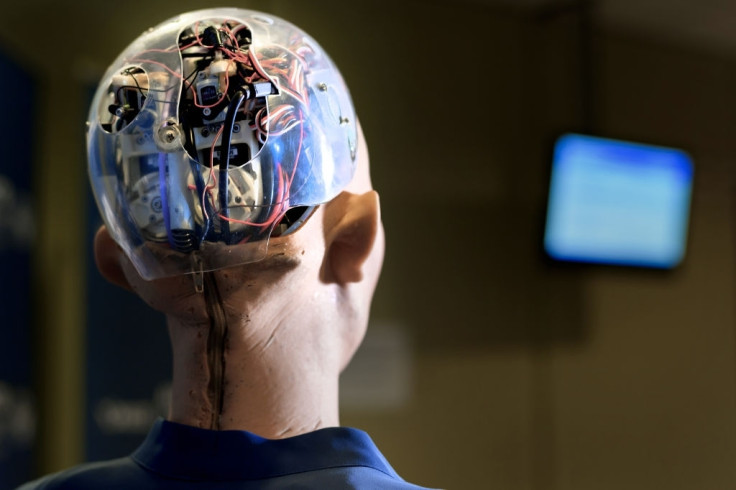AI can help detect brain haemorrhages faster, save lives
AI has found great use in medicine because of it's data-crunching and analytical abilities.
Artificial intelligence may have raised concerns about privacy and security, but if you are only concerned about those issues, you are being myopic.
AI has a host of applications in the field of medicine. According to a new study, it may be able to help doctors in assessing one of the most challenging medical conditions – brain haemorrhages with increased accuracy. It may be more accurate than many radiologists, according to the study.
AI uses algorithms to train itself to track medical conditions better and over time, it can cut down on analysis time and also improve accuracy.
EstherYuh, MD, Ph.D., associate professor of radiology at UCSF and co-corresponding author of the study, published this week, in Proceedings of the National Academy of Sciences (PNAS). "We wanted something that was practical, and for this technology to be useful clinically, the accuracy level needs to be close to perfect. The performance bar is high for this application, due to the potential consequences of a missed abnormality, and people won't tolerate less than human performance or accuracy," she said.
The study was done using 4,396 CT scans. Abnormalities were analysed down to the pixel level, according to researchers at the University of California at San Francisco. AI was far less likely to take the "noise" and other errors in CT scans and pick up clues of haemorrhaging much faster. Basically, minuscule differences between scans don't lead to erroneous decisions.
The system is, in no way, designed to completely replace doctors. Rather, it is aimed at making the decision-making and analysis part more accurate. AI can focus at different parts of an image, rather than focussing on the whole image at once, which can help it discern details that could be ignored by human eyes.
AI can analyse a CT scan in a second and provide a report immediately. This can save valuable time, especially in emergency situations. More importantly, doctors may be able to find hard-to-trace haemorrhages easily.
The goal is to deploy the technology at CT centres to help provide detailed and timely reports that may be useful in saving lives.

© Copyright IBTimes 2025. All rights reserved.




















